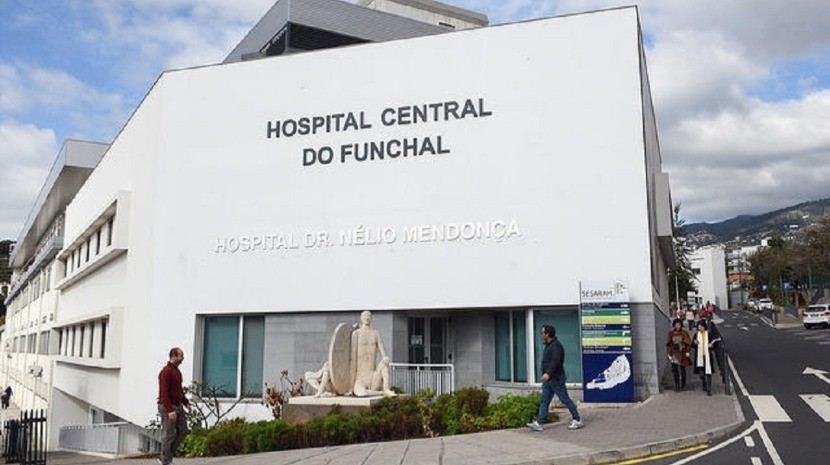The Court of Auditors (TdC), has recommended to SESARAM that their award procedures are as open as possible to competition. This recommendation is included in the report of an audit of compliance with SESARAM’s expenses, with the acquisition of goods and services intended to fight the pandemic.
The audit aimed to “assess the legality and regularity of acts and contracts with the acquisition of goods and services in the health area, in the light of the exceptional and transitional regime – applicable in RAM – of response to the COVID-19 epidemic, in the area of public procurement throughout 2020”.
According to the TdC, forty-one contracts were analysed, amounting to 13.8 million euros (excluding VAT) in which “some shortcomings” were highlighted. These are detailed in an public accessible document at www.tcontas.pt. In view of the aforementioned “shortcomings,” the TdC has issued a set of recommendations to the Board of Directors of SESARAM.
In the first two points, the TdC recommends to SESARAM “the use of adjudication procedures that are as open as possible to competition, and, also, explicitly justify the impossibility or serious inconvenience of using another type of procedure in exceptional cases where the law allows it.” This “expressly justifies the use of the adopted procedure and the choice of invited suppliers, in order to facilitate the hetero-control of the principles (i) of healthy and fair competition for the pursuit of public interests (common good), (ii) of equality of treatment of all economic operators for the pursuit of public interests, (iii) transparency for the pursuit of public interests and (iv) impartiality for the pursuit of public interests”.
The TdC also recommends that SESARAM, in the following points, “publicise the signed contracts in accordance with the legal terms and deadlines; formally seek greater intervention by the contract manager and provide for the inclusion of documentation demonstrating the aforementioned intervention; limit the payment of amounts in advance to what is strictly necessary, in order to reduce the risk of supplies being deficient or payments being made without adequate consideration; formally working with the different departments to adopt basic controls that (i) prevent possible deviations of goods and ensure (ii) ) segregation of duties, (iii) adequate and timely assessment of needs, (iv) timely monitoring of supplies in transit, (v) cross-checking of expenditure documents,(vi) the timely confirmation of the delivery of the goods and (vi) the quantitative and qualitative physical checks and monitoring of the tax enforcement process, filed against the supplier PCBC – Portugal Consulting and Business Company, Unipessoal, Lda., within the scope of the hiring CAD20200044.”
Samantha Gannon
info at madeira-weekly.com






